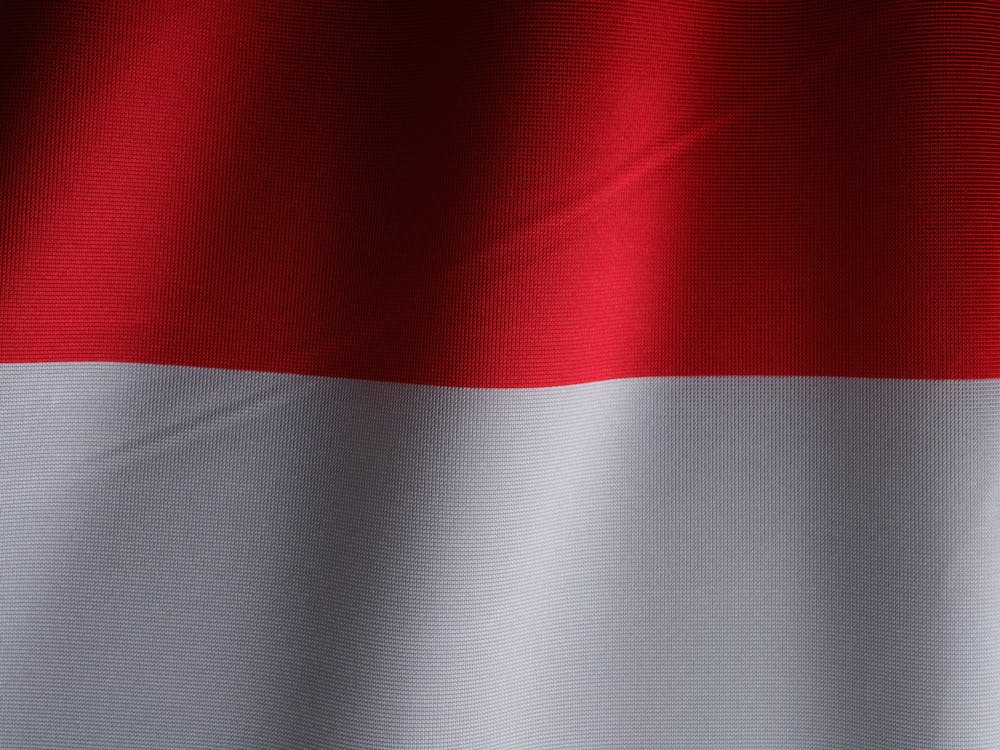This past Sunday, October 20, President Joko Widodo, widely known as “Jokowi,” stepped down, allowing retired army general Prabowo Subianto to be sworn in as Indonesia’s eighth president. After serving two terms, Jokowi had reached the constitutional limit and publicly endorsed Prabowo as his preferred successor ahead of the February 2024 elections. Prabowo won decisively, securing 60% of the vote in a nation of 280 million people, with around 200 million eligible voters. Before this victory, Prabowo had run for president twice, losing both times to Jokowi. In 2019, Jokowi appointed him as defense minister, a position that contributed to Prabowo’s rise to the presidency.
Jokowi’s son, Gibran Rakabuming Raka, has become Indonesia’s 14th and youngest-ever vice president following a controversial Constitutional Court ruling reportedly influenced by President Joko Widodo himself. The ruling modified the law that required candidates for vice president to be at least 40 years old (I). While Gibran has faced criticism for his young age (37), his youth may appeal to Indonesia’s more than 63 million voters aged 17 to 30. The new government’s term will run until 2029.
What impact will Prabowo’s presidency have on the future of Indonesia? Prabowo served as a commander of the army’s special forces under the Suharto dictatorship, which ruled Indonesia from 1967 to 1998. Many question whether this will make the military’s role more prominent in the country’s politics. Prabowo’s past is controversial due to allegations of human rights abuses, including his involvement in the 1998 kidnapping of student activists and leading a brutal military operation in then-occupied East Timor. A military ethics council dismissed Prabowo over these allegations, which he has denied. Following his dismissal, he went into voluntary exile in Jordan during the 2000s (II).
Though Prabowo’s presidency marks a new chapter, Jokowi’s legacy remains significant. His endorsement of Prabowo, along with the elevation of his son to vice president, suggests that Jokowi will maintain influence in the new administration. Analysts point out that Prabowo’s cabinet also reflects continuity in key policies from Jokowi’s tenure. On Monday, Prabowo swore in his cabinet, which comprises 48 ministries and over 200 ministers and deputies, making it the largest in Indonesia since the 1960s (III). Among them were the reappointments of key figures such as Sri Mulyani Indrawati as finance minister and Bahlil Lahadalia as energy minister (IV).
Jokowi is widely recognized for his focus on infrastructure development and strengthening Indonesia’s economy, but he has also faced criticism for building a political dynasty and weakening the integrity of courts and other institutions. Some analysts call this a democratic backsliding and fear it will continue under Prabowo (V). During his inauguration speech on Sunday, Prabowo emphasized his will to fight corruption and poverty. He has been vocal about his commitment to the well-being of all Indonesians. When asked about how he wants to be remembered, in an Al Jazeera interview, Prabowo stated “…as the one who brought relief to the weakest, the poor, and the suffering” (VI).
One of Prabowo’s flagship initiatives is the Free Meal Program, which aims to provide one free meal a day to 83 million children and pregnant women nationwide. While the program has been warmly received, especially by children who are now attending school more regularly, it has also drawn criticism from investors who question how the $28 million budget will be financed (VII). Other projects include building new hospitals and providing free health checks. However, these ambitious spending plans raise concerns that they could ruin the track record of fiscal prudence in Southeast Asia’s largest economy (VIII).
Prabowo’s new welfare policies do not hinder his commitment to continue President Jokowi’s ambitious project of building the new capital city, Nusantara. Jakarta, the long-standing capital, faces numerous urban challenges, including overpopulation, severe traffic congestion, pollution, and most critically, extreme flooding. Prabowo estimates that the new capital will be fully functional and ready within four to five years (IX).
Regarding foreign policy, Prabowo plans to maintain an open and balanced approach. In the Al Jazeera interview, he stated that “Our guiding philosophy is to be friends with all countries,” signaling his intention not to take sides in the ongoing competition between the US and China for global influence. When briefly addressing the South China Sea conflict, he emphasized the importance of diplomacy and negotiations as the preferred solution (VI).
During President Jokowi’s tenure, Indonesia has witnessed numerous human rights violations, including the repression of human rights defenders, journalists, and environmental activists, as well as the excessive use of force, arbitrary arrests, the marginalization of indigenous peoples, and violence involving state security forces. Usman Hamid, Executive Director of Amnesty International Indonesia, calls on the new government to take ‘immediate and effective measures to uphold human rights […] and ensure accountability for human rights violations’ (X).
With Prabowo Subianto now leading Indonesia, his presidency signals both continuity and potential change. Next month at the Asia-Pacific Economic Cooperation Summit and at the G20 summit, Prabowo will make his first global appearances (XI).
Sources:
I: https://www.nytimes.com/2024/10/19/world/asia/jokowi-legacy-gibran-dynasty.html
II: https://www.bbc.com/news/world-asia-68237141
III: https://www.bbc.com/news/articles/c756204q2k5o
V: https://www.bangkokpost.com/world/2884103/indonesia-faces-possibility-of-opposition-free-parliament
IX: https://time.com/7010109/prabowo-subianto-commits-nusantara-indonesia-jokowi/


Comments are closed